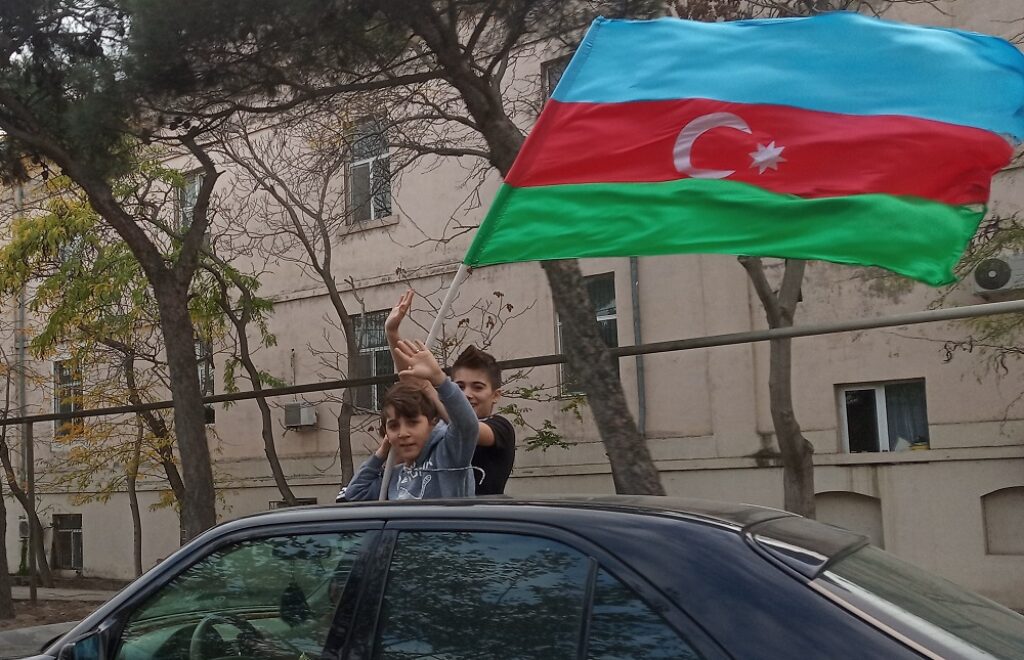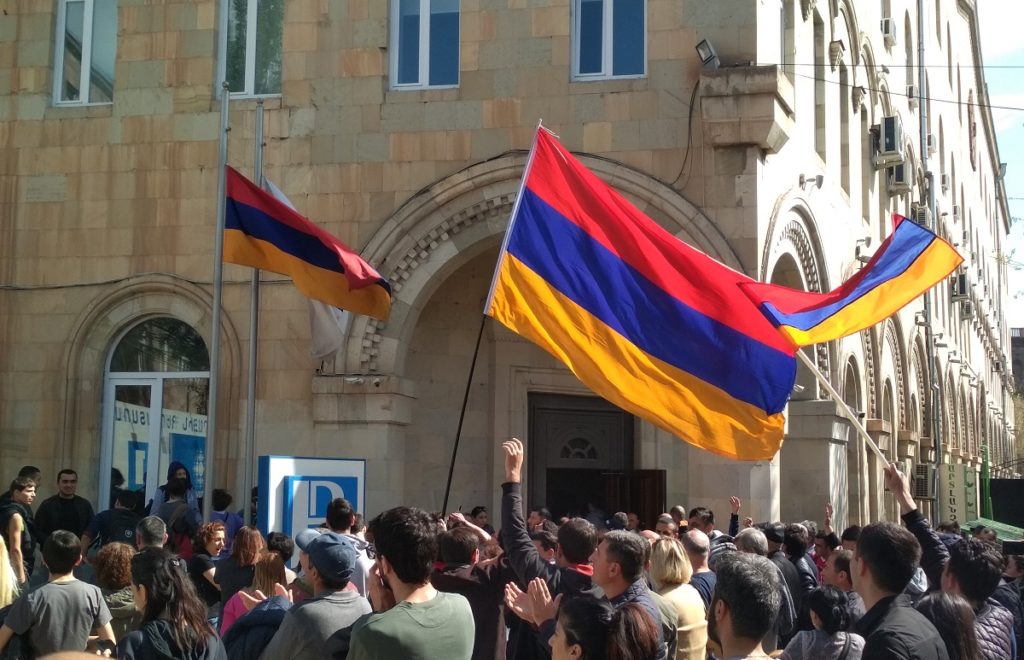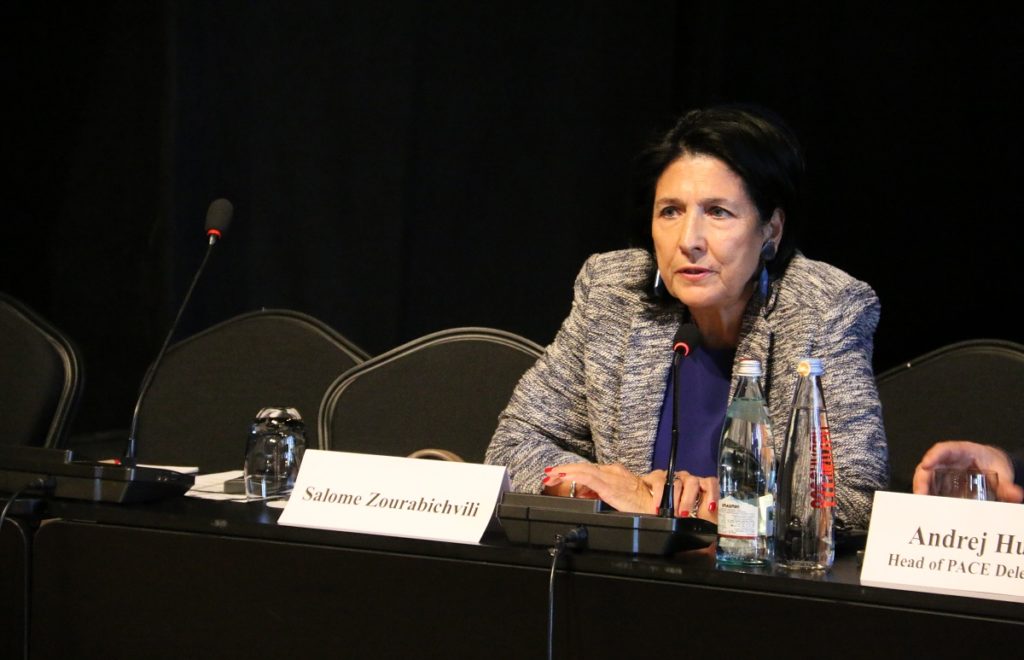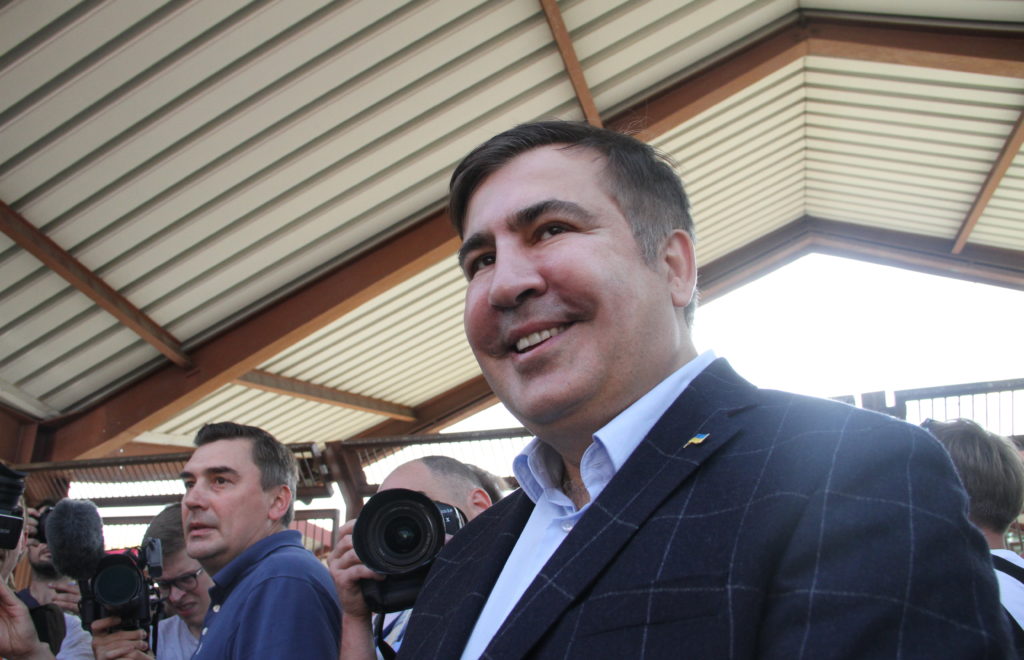This conflict was always on the edge of Europe
BARTŁOMIEJ KRZYSZTAN: The second Nagorno-Karabakh war left the South Caucasus in new geopolitical circumstances. What do you perceive as the main changes from the perspective of the international order?
THOMAS DE WAAL: This war was a defeat for the attempt to achieve a multilateral, international peaceful resolution of the Nagorno-Karabakh conflict. Since the early 1990s that has been the vision: that this was a conflict which had not just Russian mediation, but also mediation from the United States and France. Part of the vision was that it would be some kind of multilateral peace, maybe similar to the one we have seen in the Balkans, but hopefully without its flaws, one which would take into account human rights abuses and be accompanied by some democratisation and a European integration agenda. That was the hope.
April 11, 2021 - Bartłomiej Krzysztan Thomas de Waal









































